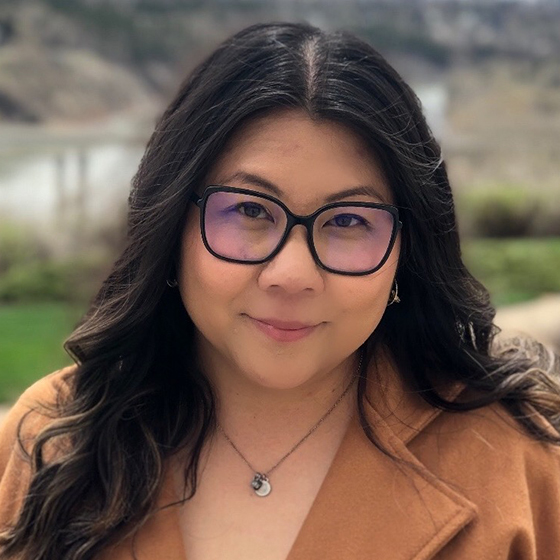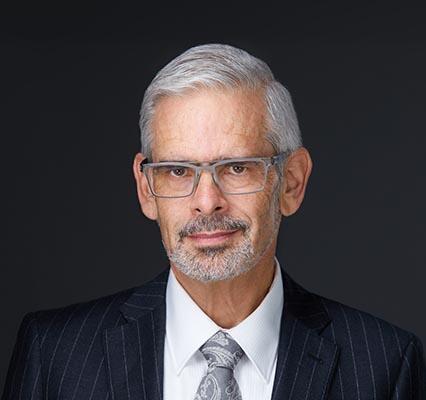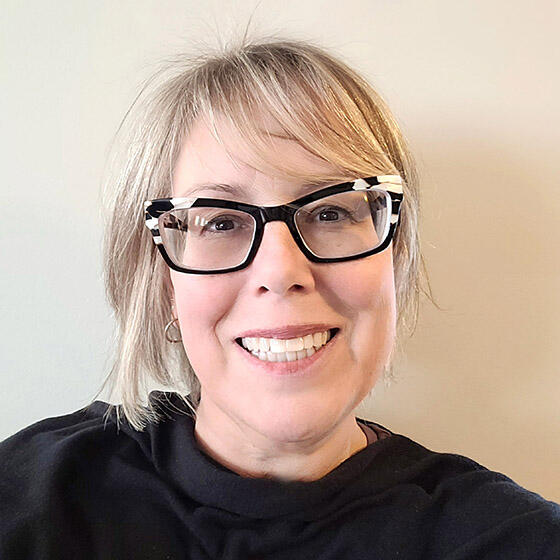Public education is not only a vehicle for individual social mobility, but the cornerstone of a healthy democracy. Strong, cohesive societies require an educated electorate because informed citizens also participate meaningfully in democratic processes.
Public education is a public good because it advances the public interest, providing a benefit to all members of society. That is why public schools are governed and administered by democratically elected school boards, and K–12 education is funded by taxes collected from the entire population, not strictly from those who have school-aged children.
The premise of public education is that free, high-quality K–12 education is accessible to every child. Each student receives what they need from the system. The promise of universality also dictates that equitable accessibility is not contingent on financial status (ability to pay), socioeconomic standing, race, gender identity, geography, student ability or other attributes.
However, the current reality of public education access, particularly in Alberta, has diverged severely from the idealized vision.
Too many of our public schools are chronically overcrowded and underfunded. Students are unable to access supportive services, especially if they have complex learning or additional language needs. The system is in severe crisis from cumulative cuts resulting in a shortage of professionals, deferred maintenance deficits and scarcity of school space. Systemwide, many schools no longer have librarians, psychologists, counsellors, or speech and occupational therapists, which were historically part of the school community to serve students.
Alberta’s public schools are frankly unrecognizable from a decade ago. But these systemic challenges are not accidental or coincidental.
Have you heard the age-old mantra “first you break the public system, then you privatize”? This aptly encapsulates the state of public education. Where chronic underfunding leaves gaps of access, private actors are infiltrating these gaps through commodification of education. Proponents of privatization understand that education is a basic need, and are keen to exploit people’s lack of access by offering “alternatives” at a cost.
However, private education proponents realize that most people are quite averse to paying tens of thousands of dollars for education programs, and privatizers have enlisted the help of government partners to divert public funds to private institutions under the guise of so-called “choice in education.” The subsidization of private education is the Trojan horse for governments to create and further the crisis of public education, declare the system is failing and manufacture consent to divert financial support to private entities.
Alberta subsidizes private schools at one of the highest rates in Canada. Accredited private schools receive 70 per cent of the per-student instructional grant. While public schools are limited in their revenue through tightly controlled funding envelopes, private schools can top up their government subsidies by charging an unregulated amount in tuition fees. Private schools do not serve the public interest; they serve private interests by catering to families stratified by wealth, religion, background or ability.
Charter schools are also part of this marketization model that does not serve the public interest. Charter schools even receive the full per-student allotment in government funds while being able to pick their students through entry exams, IQ tests and, in some cases, by charging society fees while touting “tuition-free” status. However, charter schools are governed by private boards who are not elected and do not serve a geographic catchment.
Education can be a lucrative business. Parents are told they need an edge for their children and that, therefore, they need to send their kid to a “good school.” The truth is that the free market does not truly create more choice for students if these options are not universally accessible. In practice, “school choice” becomes the “school’s choice.”
Alberta is not alone. There is an active global movement to turn education into big private business. It is estimated that the private market for education is worth at least $50 billion a year worldwide. However, while profit is driven into private hands, societies at large lose valuable returns afforded by universal education access.
The privatization playbook is generally quite unappealing once it is clearly unveiled. This is why it’s important to dig deeper and expose how privatization undermines people’s basic right to education. Once we can name it, we can resist privatization as a collective. There is no time to waste in reclaiming public schools for the public good. ❚
Support Our Students (SOS) Alberta is a grassroots community-driven advocacy organization fighting for universal, barrier-free, equitably accessible public education. For more information, please visit www.supportourstudents.ca.

Communications director, Support Our Students Alberta


